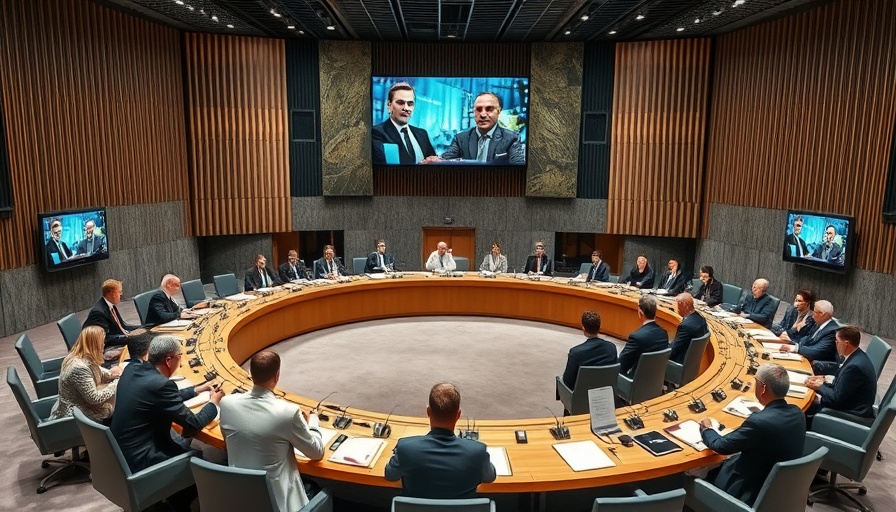
A Complex Tapestry of Territorial Integrity and Peace
The idea of a peace deal involving territorial swaps, proposed by former US President Donald Trump, has been met with a resounding wave of skepticism from Ukrainians. Recent comments reveal that while some citizens express a willingness to pause military operations to prevent further loss of life, the overarching sentiment is one of caution. We can observe that the concept of conceding territories to Russia is not merely seen as a military loss; it represents a potential breach of national dignity and sovereignty.
In 'Ukrainians react with scepticism to peace deal idea by US', we dive deeper into the reactions and implications of the proposed peace deal.
A Diverse Reaction from the Ground
In Kyiv and other regions, the sentiments vary. Some residents, while open to negotiations, emphasize that any proposed trade-off must come with compensations and reparations. This reflects a broader understanding of justice among the population, who fear that giving up land without any form of restitution inevitably leads to further losses. The specter of capitulation looms large in their minds, a concept Ukrainians are collectively unwilling to entertain. These personal insights paint a picture of a nation grappling with the realities of war amidst a proposed compromise that many consider unthinkable.
A Firm Stance from the Government
The Ukrainian government's stance has been unequivocal. Officials have pledged that they will not allow any second attempts at partitioning the country. This position indicates a deep-rooted commitment to national integrity, driven by a history that Ukrainians are all too familiar with—territorial concessions can lead to sustained aggression. This determination propels the vital conversation about how Ukraine navigates future diplomatic engagements and continues to fortify relationships with allies.
The Broader Implications for Global Peace
For the broader audience, particularly in Africa, this situation offers crucial lessons in diplomacy, sovereignty, and the complexities of war. Understanding Ukraine’s reactions can help inform approaches to peace negotiations on other fronts, highlighting the importance of national sentiments and the potential repercussions of perceived capitulation.
In navigating discussions around peace in conflict regions, any viable solution must acknowledge the multifaceted layers of identity, history, and vested interests. As global citizens, we must grapple with questions on how to foster peace while affirming dignity and justice—principles vital for moral leadership on the world stage.
 Add Row
Add Row  Add
Add 




Write A Comment